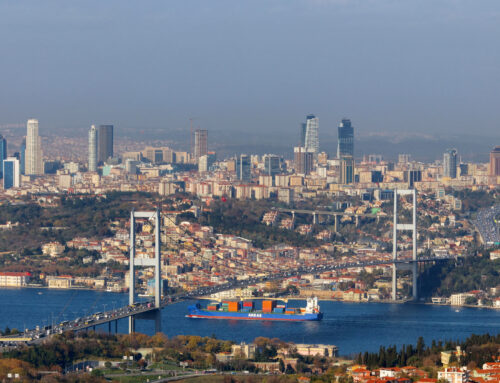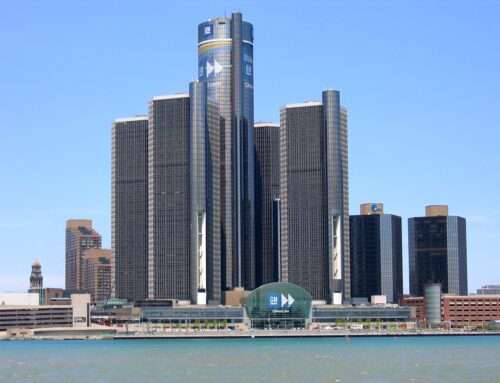Description and Details
Urban Integrated Field Laboratories (Urban IFLs) are to be constructed in Baltimore, Chicago, and the Texas Gulf Coast through funding from the U.S. Department of Energy to better understand the climate events representative of these areas and how they impact urban systems. The project locations were selected under peer review with projects receiving total funding of $66 million for a project duration of 5 years and more selections may be made in the fiscal year 2023. The impacts studied will be representative of diverse demographic characteristics including how climate-induced pressures affect people and infrastructures differently and how they vary geographically. These projects contribute towards President Biden’s goal of a net-zero carbon economy by 2050 and the DOE Office of Science’s commitment to the “Justice 40” initiative as these projects help obtain the knowledge needed to build climate-resilient cities and invest in diverse communities affected by the changing climate.
The Urban IFL teams for each city will be composed of individuals with scientific expertise from various institutions including universities, government entities, and nonprofit affiliates. Focuses will include modeling, data assimilation, and field observations to investigate the environment, infrastructure, and communities of the urban areas. The institutions involved in the IFL projects will have participation from local and minority groups to support and train leading scientists. Increasing the scientific knowledge of urban systems will be essential to produce equitable climate and energy solutions. Focuses included addressing the climate change impacts on historically underrepresented and disadvantaged communities. While these projects are representative of specific urban regions, they share similarities to other U.S. areas so the tools and knowledge gained in these projects will be of service to other cities.
Specifically, the IFL project in Baltimore, MD will be led by John Hopkins University and will focus on the metropolitan area that faces challenges of aging infrastructure, the inequitable burden of air and water pollution, and increasing risks associated with heat and flood. These problems are present in many mid-sized U.S. cities on the east coast and the midwest. The project will focus on understanding climate impacts while also enabling authorities to adopt solutions that will invest in underrepresented communities and allow them to withstand climate change pressures. Specific interests will include modeling the urban atmospheric boundary later, rising sea levels, and a broad-based survey of city residents to understand what adaptation strategies are desired from the community. The social impact of the study will highlight how the community understands climate change and its various adaptations and how this knowledge will impact decisions made during the project. Additionally, urban heat islands will be a major study due to their impacts on elderly populations and those with asthma and other pulmonary conditions. The ultimate goal will be to make a meaningful urban environment monitoring system that is driven by consideration of how the changing climate will impact the surrounding community. This project emphasizes diversity in knowledge, voices, and decisions but is representative of urban areas and neglects voices from rural areas.
CEE subjects: Environmental Engineering, Earth Systems, Environmental Policy and Sustainable Infrastructure
Discussion Questions
- What considerations would you like to be taken into account in the IFL projects? Are there specific urban or social issues you would like to see addressed? Are there certain groups you would like to see be included in the discussion for these projects?
- What kind of accountability could be introduced to ensure these projects include and protect underrepresented groups or the environment?
- What kind of climate resilience adaptations would you like to see incorporated into urban areas for these projects and what are some benefits and challenges with those adaptations?
- This project is representative of urban communities, but how might this project be adapted for rural areas?




Leave A Comment